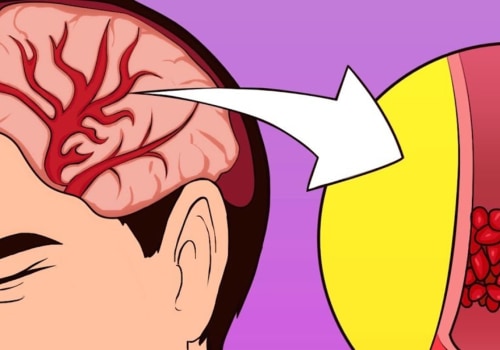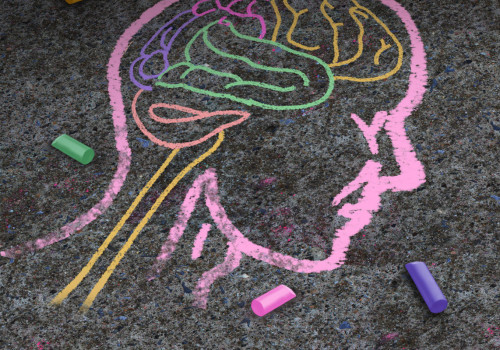The traits of autistic children are more often recorded with subtle behaviors similar to autism in their mothers than with those of their parents, according to a new study. Cellular defects or the gene that causes autism can be inherited from either the mother or father, or both. Researchers looked at areas that flank genes that rarely mutate in the general population, rather than examining genomes as a whole. On the contrary, rare variants inherited from mothers make a minimal contribution to autism, they found.
They did not identify any non-hereditary or de novo mutations related to autism. Studies have shown that the older a mother and father are when they have a child, the higher the risk of autism. It is not known why this is the case or to what extent parents' age influences the likelihood of autism in their child. The researchers then compared these changes found in children with those found in their parents' sperm.
He suggests that autism could be due to a combination of a powerful coding mutation inherited from the mother and a less powerful non-coding mutation inherited from the father. Parents can have genetic testing to determine if their defective gene was passed on and led to their child developing autism. In addition, giving birth after age 35 can result in babies with low APGAR scores, which is a test to determine the baby's heart rate, muscle tone, and other vital signs to check if the baby needs further medical or emergency care. The maternal burden of raising an autistic child is very important because it affects the quality of life of the whole family.
The finding is unexpected because most studies involve mutations inherited from mothers in the risk of autism. The mother or father can be the early source of an essential element in describing the signs of autism in their children. The general consensus in the research community is that the older a parent is, the greater the likelihood that their children are at higher risk for ASD. Men's age ranges differed between studies, making it difficult to know for sure when the chances of having a child with autism increase for men.
Neurexin 1 and other similar genes are very important in determining how the brain connects from one cell to another and in the chemical transmission of information between nerve cells. Initially, researchers thought that mothers are more likely to transmit mutations of genes that promote autism. Studies have shown that mothers over 40 had a 51% higher risk of having a child with autism compared to mothers who gave birth between 21 and 29 years old. In some of the eight parents in this study, up to 10% of their sperm carried mutations; if these men decide to have more children, they would have the option of taking steps to reduce the risk of their children being affected.
This knowledge, according to study authors, could lead to a test that can help parents of children with autism know how likely they are to have another child affected by the condition. The probability that a child will be born with autism to a 40-year-old father is 28% greater than the chances that a child will be born with ASD to a 30-year-old man. Multiple studies conducted in different countries have shown a high prevalence of autism spectrum disorder in children who have older parents.




Leave a Comment